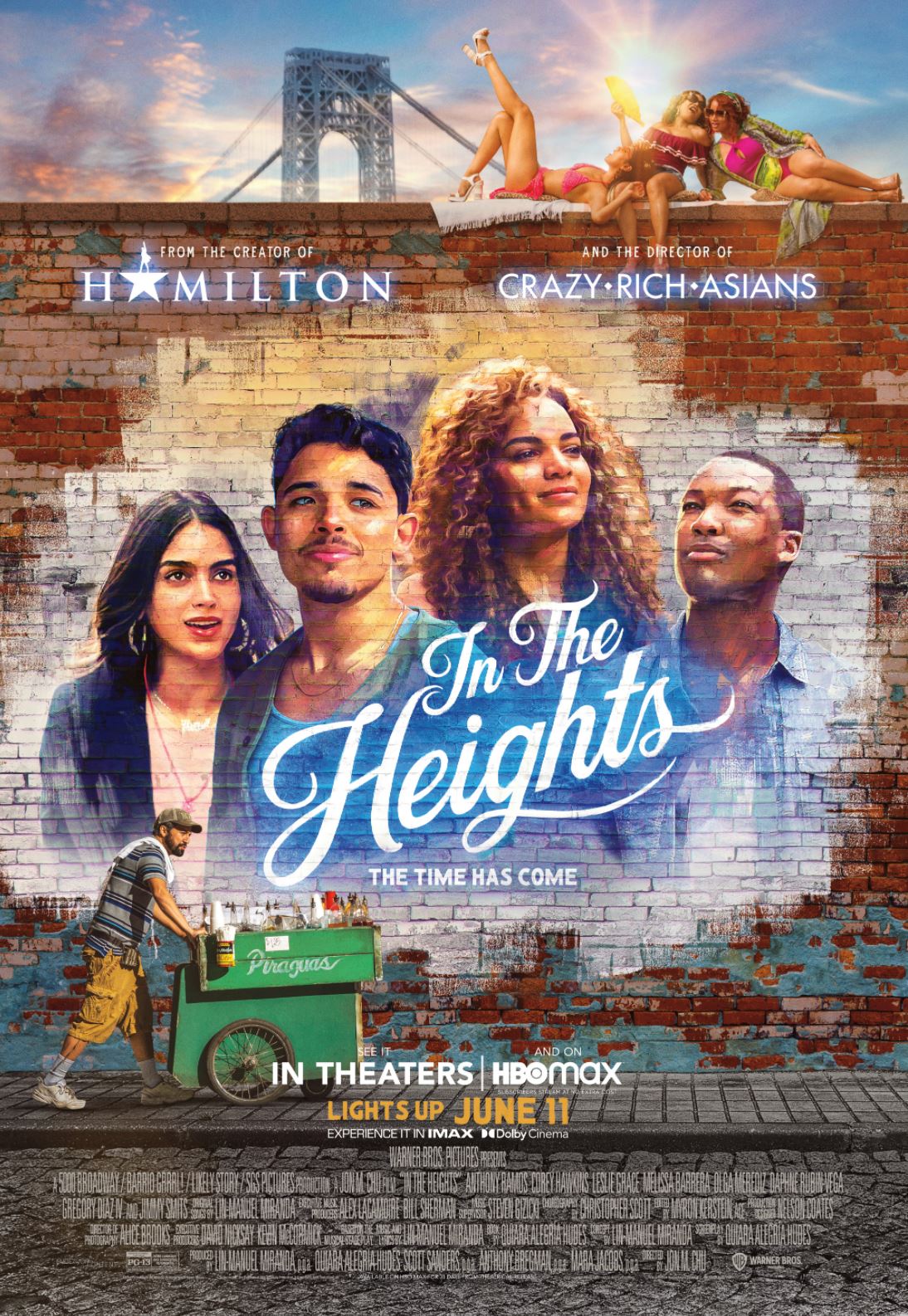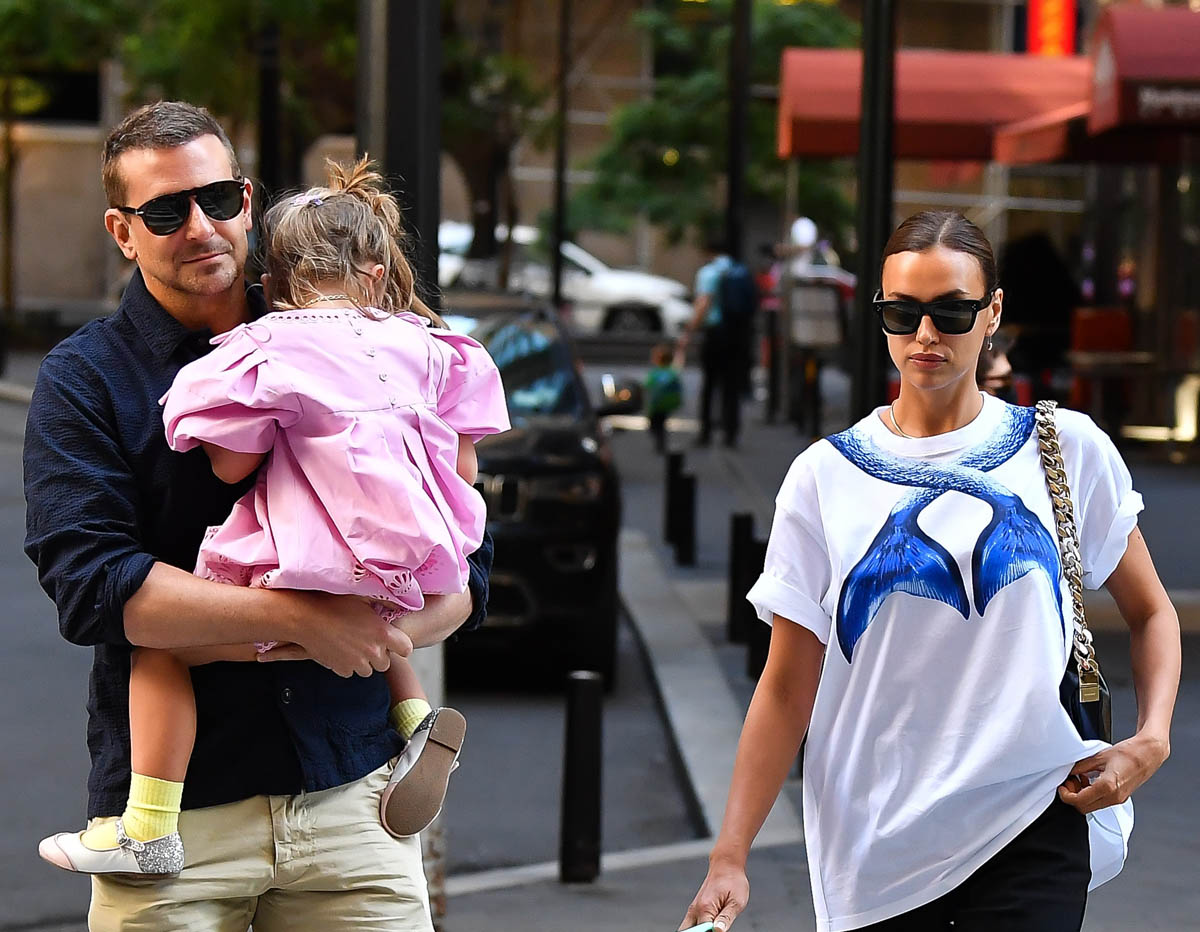In The Heights: The Conversation Continues



As Cody just wrote, In The Heights has been criticized (and rightfully so) for its casting of light-skinned actors to portray the leads in a show about Washington Heights. He mentioned Felice León’s interview with Jon M. Chu and the cast for The Root and it’s worth nothing that Felice points out in her accompanying post that she did not get to interview Lin-Manuel Miranda and had less access than AV Club did (AV Club and The Root are sister sites).
There are some moments of pena ajena (second-hand embarrassment) during the conversation which are so painful to watch (it took me at least twice as the video is long to get through it). Because it is clear that they did not anticipate this type of questioning. But from León’s post at The Root:
“This conversation, particularly, about the lack of darker-skinned Black Latinx folks is critically important at this very moment in time. Throughout history, there has been the exclusion of and violence towards Blackness within Latinidad. Homogeneity and the illusion of a “race-free culture” within Latinidad is a myth (as Fordham Law professor, Tanya Hernández, previously told The Root). So yes, we absolutely need to discuss why there is only one dark-skinned Black lead (who is portraying a Black non-Latinx character) in the film.
Growing up in Mexico, I heard and saw anti-Black and anti-Indigenous attitudes and actions. I could provide many examples, but if you know, you know. I didn’t begin to understand it as anti-Blackness and anti-Indigeneity until I came to the United States. One, because it was easier to see and understand things about Mexico from a distance, and two, because I saw myself and was treated as an Other the moment I stepped foot onto my Texas middle school. It was an othering I had not experienced until then. And while this othering has continued in various ways, I am also conscious of the fact that depending on what family members and friends I am with, I will have different experiences while crossing border checkpoints, and that while I get nervous and uncomfortable being around police and border patrol agents, I do not know the fear (and worse) many Black people experience with law enforcement. To put it simply, I know that my light skin gives me privileges in the United States, and that it also did while I grew up in Mexico.
Talking about colorism among gente is hard. Even if in our own families and communities “we come in all colors.” I remember how last year after the killing of George Floyd, some social media accounts I follow posted language to use (in Spanish) to help us talk to our families, not just about what was happening, but to help us address our own anti-Blackness. While I have not handled all of these conversations perfectly, I cannot teach what I teach and say that I stand for what I stand for without challenging myself and those around me.
In conversations about equity at work, for example, I get frustrated when people get defensive. Especially by those who “mean well.” I work so hard at “calling people in” instead of “calling people out,” at framing my arguments in such a way that I will maximize being heard. So what they will hear is “the idea” and not my “passion,” as if there were not great value to a blending of both. I bring this up because I will admit that when I started to read the valid critiques of In The Heights, a part of me felt defensive because I loved watching the movie and because I saw myself in this work. I didn’t want to critique this movie; I just wanted to love it. But if dark-skinned Afro-Latinx folks had been cast as leads of this film, I would have loved In The Heights, too. The joy I felt while watching this movie did not have to come at the expense of the people who made this neighborhood worthy of showstopping numbers and movie screen magic. The real dream, or the real breakthrough, as Felice León put it, would have been to see “Afro-Panamanian, Black Cubans, Black Dominicans” on the screen singing solos and duets. Not just as the background for light-skinned folks that look like me.
I know people have written plenty critiques on the film, but here’s one that addresses the erasure of Afro-Latinx and queer folks from the film:
https://twitter.com/carmencitaloves/status/1404144620435558405
Carmen Phillips points out that within the Latinx context, folks from the Carribean, especially Afro-Latinxs, are in the margins. So while In The Heights has moments that she loves and by which she feels seen, Phillips asks that we “open our imaginations'' about what In The Heights could have been without its colorism problem. What if they had cast an Usnavi like Jharrel Jerome? What if they had kept the storyline of Nina’s dad being anti-Black (as she writes, “In the Heights had an opportunity to say something important about race in our communities and it didn’t. Flat out.”)? And what if Daniela and Carla’s relationship read as gay without a question (I caught it on my second viewing, but if you blink at those moments, you miss them). She concludes that:
https://twitter.com/carmencitaloves/status/1404144633735782410
A couple of days ago, Lin-Manuel Miranda posted the following apology:
-LMM pic.twitter.com/CHfdLgFUz3
— Lin-Manuel Miranda (@Lin_Manuel) June 14, 2021
While it is not my apology to accept, and some people in the responses point out that the lack of representation has been there since the show was on Broadway, what I do want to address is those who are telling Miranda that there is no need to apologize. The loudest defense (AFTER Lin-Manuel’s apology, I might add) came from Rita Moreno, who on The Late Show basically told Afro-Latinxs to wait their turn:
TONIGHT: Rita Moreno comments on the controversy surrounding her friend Lin Manuel Miranda and his film "In The Heights." #LSSC pic.twitter.com/4cQcvviaLf
— The Late Show (@colbertlateshow) June 16, 2021
Rita Moreno’s comments to Stephen Colbert are why we need to examine our own biases and why we need to keep talking about our colorism problem. So many of us still don’t get it. We get defensive when we fall short, and ask for others to settle for less even though we are hella mad when others ask us to do the same. When so many Black folks (of any ethnicity or nationality) tell us they feel erased or harmed in narratives or otherwise, we need to listen.
While many of us were hoping In The Heights would give us a purely celebratory win, maybe it gave us something else. To use Duana’s words often cited in this blog, In The Heights might have not given us what we wanted, but what we needed--a prompting for conversations in our communities that are long overdue.

